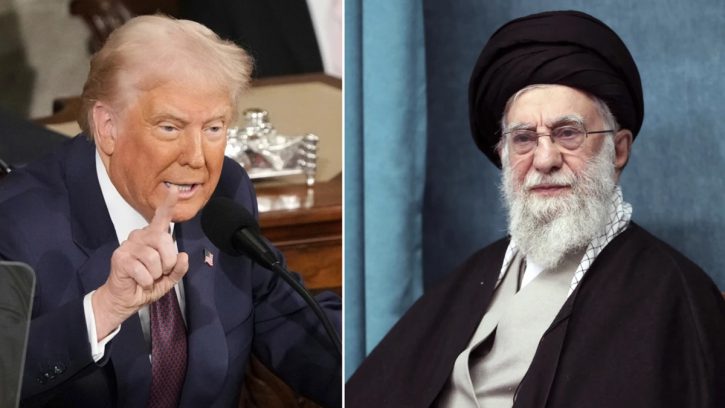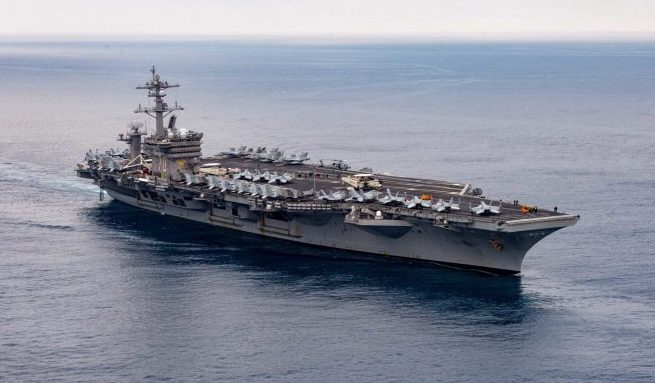Iran Denies Requesting Talks with U.S. Amid Escalating Tensions Over Nuclear Standoff
Iran firmly denied on Tuesday that it had sought a meeting with the United States, directly challenging a claim made a day earlier by former U.S. President Donald Trump. Speaking to the semi-official Tasnim news agency, Iranian Foreign Ministry spokesman Esmaeil Baghaei stated unequivocally that “Tehran has not requested any meeting with the United States.”
Baghaei’s statement came in sharp rebuttal to Trump’s remarks made alongside Israeli Prime Minister Benjamin Netanyahu at the White House on Monday. Trump had confidently declared: “We have scheduled Iran talks, and they want to talk… They’ve requested a meeting and I’m going to go to a meeting, and if we can put something down on paper, that would be fine.”
While indirect, Oman-mediated nuclear discussions between Iran and the U.S. did occur from April 12 to May 23, no direct contact between the two governments was publicly acknowledged. These five rounds of dialogue focused on Iran’s nuclear program and the lifting of U.S. sanctions.
However, those tentative steps toward diplomacy were brought to an abrupt halt following major escalations in June. On June 13, Israel launched Operation Rising Lion, targeting Iranian nuclear sites. Shortly thereafter, on June 22, U.S. forces bombed three key Iranian nuclear facilities—Natanz, Fordow, and Isfahan—intensifying already fraught relations.
Iranian Foreign Minister Abbas Araghchi has since tempered expectations for any imminent return to negotiations. “For us to decide to reengage,” Araghchi explained, “we must first be certain that the United States will not revert to military aggression during talks.” Still, he left the door open, emphasizing, “The doors of diplomacy will never slam shut.”
Yet tensions rose again after Araghchi demanded that Trump demonstrate respect toward Iran’s Supreme Leader, Ayatollah Ali Khamenei, if he genuinely hoped to revive talks.
That comment followed Trump’s post on Truth Social, in which he accused Khamenei of “lying” about Iranian victories over Israel and claimed he had been working on possible sanctions relief for Iran—but withdrew the effort in response to Khamenei’s statements.
The diplomatic standoff underscores the fragile nature of U.S.-Iranian relations. With military strikes, political rhetoric, and nuclear stakes at play, both nations remain locked in a volatile mix of deterrence and strategic posturing, even as both sides profess to keep the door to dialogue slightly ajar.





